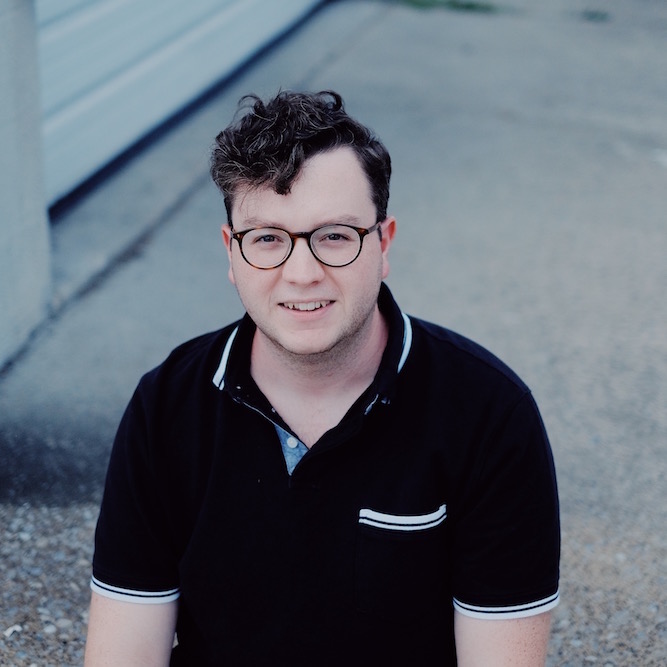Stories for Earth is a climate change podcast. Created by Forrest Brown, Stories for Earth seeks to foster hope and emotional resilience by discussing cultural narratives that contain parallels and takeaways to our current predicament. Cultural narratives provide stories for our past, present, and future, and Stories for Earth critically engages with these narratives through all mediums.
Stories are the lens through which we view the world. We humans use stories to make sense of life, process hard-to-understand events and processes, and to forge our identities, among other reasons. Stories have helped us overcome countless struggles in the past, so we believe stories have a big role to play in helping us face the climate crisis.
What do you want to learn?
Land acknowledgement
Stories for Earth is written and produced in Alpharetta, Georgia in the United States of America on the ancestral lands of the Cherokee people. The United States committed genocide against the Cherokee, Muscogee (Creek), Seminole, Chickasaw, Choctaw, and Ponca peoples during the Trail of Tears under the direction of President Andrew Jackson.
Today, there are three federally recognized Cherokee tribes in the United States: the Cherokee Nation (Oklahoma), the United Keetoowah Band of Cherokee Indians (Oklahoma), and the Eastern Band of Cherokee Indians (North Carolina). Stories for Earth wishes to honor the Cherokee people and to encourage others to support Indigenous communities all around the country.
Learn more about land acknowledgements:
Diversity statement and acknowledgement of environmental racism
We are committed to examining stories from a wide variety of backgrounds, especially stories from historically oppressed and marginalized communities and from people who are regularly excluded from the climate conversation. We recognize that indigenous people, people of color, and people from the Global South have had the least impact on the environment, yet they suffer the most from environmental destruction now and stand to suffer the most in the future. We believe that studying stories from these people is essential to imagining a more equitable and sustainable world, as there is no climate justice without racial justice.
A letter from Forrest Brown

My name is Forrest Brown, and I founded Stories for Earth in the summer of 2019. As a writer and lifelong lover of stories, I never suspected my two biggest interests might have something to do with fighting climate change. That is, until one day when I came across an article about an interesting class at the University of Washington Bothell.
This class, taught by senior lecturer Dr. Jennifer W. Atkinson, sought to help students struggling with the emotional effects of climate change, specifically with the feelings of hopelessness and despair associated with climate grief. Atkinson is a professor of environmental humanities and American literature, so naturally she chose to do this by examining climate change through what she knows best: literature.
After I read this, something clicked. Of course literature can help us face climate change, I thought. Literature and stories in general have helped humanity overcome countless struggles throughout the course of our history—why can’t they help us overcome climate change too?
Stories for Earth is my personal realization of that idea. I want to read books, watch movies, and engage with stories through any other medium out there that can better prepare me to fight climate change in my own way without losing my mind.
This podcast is my way of sharing what I learn with you, the listener, and I hope you’ll follow along. If anything you hear sticks or helps you in some way, consider sharing it with a friend who might also benefit from it. We must take care of each other.
Thank you for listening.
Contact us
For all inquiries (including press) please use the form below. We aren’t able to respond to every message, but for relevant inquiries, we try to respond within a few business days.
IMPORTANT: All submissions to Stories for Earth are currently closed. If you’re an author or publicist, please check back later if you’re interested in arranging an interview for the podcast.